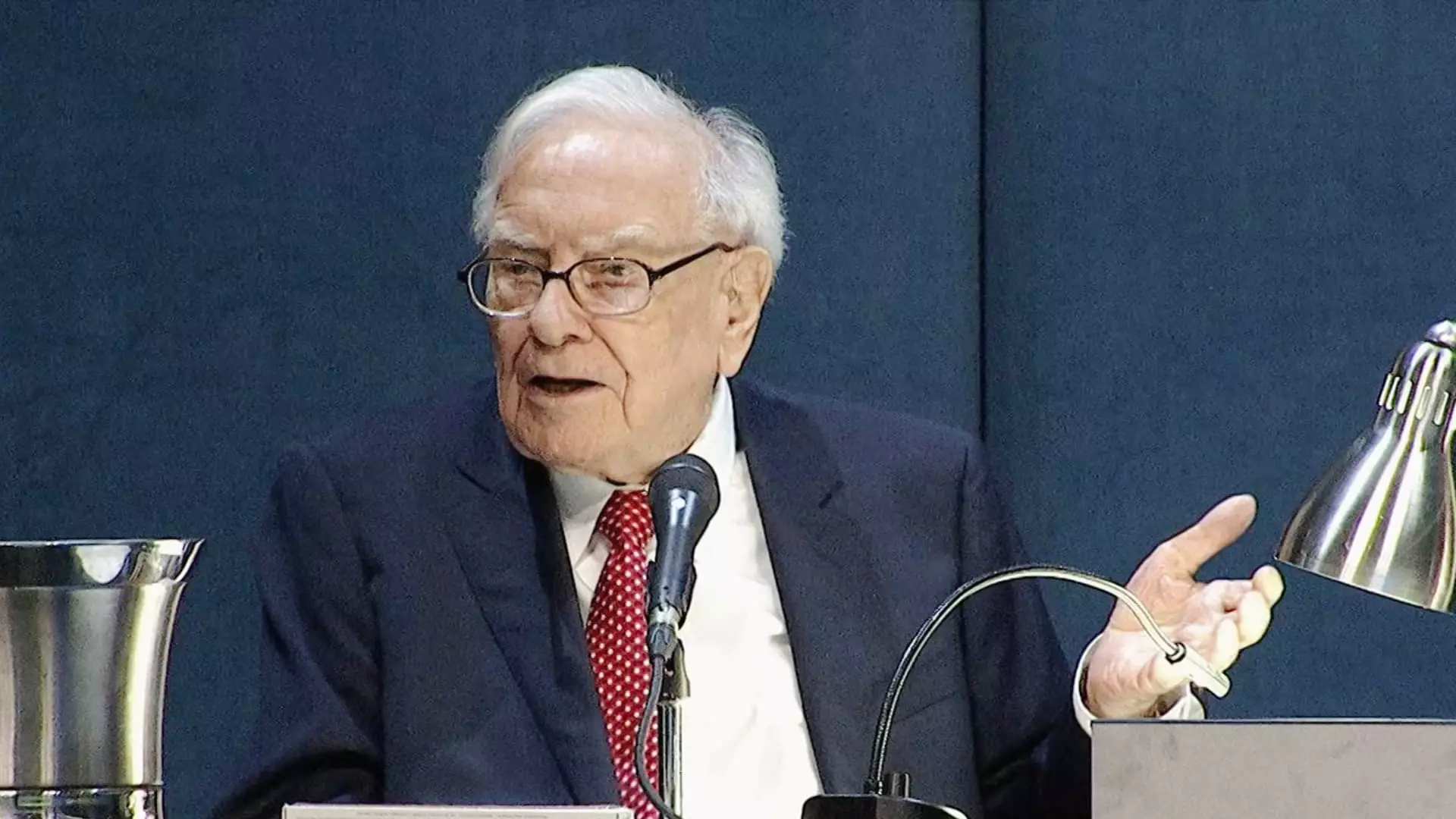Warren Buffett’s Berkshire Hathaway has been on a selling spree, shedding a total of 19.2 million Bank of America shares over a span of three days. This resulted in almost $779 million in sales at an average price of $40.52 per share. The conglomerate has been offloading BofA stock for 12 consecutive days, with total sales now exceeding $3.8 billion. Despite these massive sales, Berkshire still holds 942.4 million shares of Bank of America, valued at $37.2 billion as of Thursday’s close. However, this has caused BofA to fall to the third spot on Berkshire’s list of top holdings, trailing behind Apple and American Express.
Before this selling spree, Bank of America was actually Berkshire’s second largest holding. Despite being the largest shareholder with a 12.1% stake, Buffett has been steadily reducing Berkshire’s position in the bank. The recent decline in BofA’s stock price, amidst recession fears in the financial sector, has further fueled Buffett’s decision to offload shares. Year to date, BofA has seen an increase of over 17%, outperforming the S&P 500. This move reflects a strategic shift in Berkshire’s investment portfolio, as Buffett continues to reallocate capital based on market conditions and performance.
Warren Buffett’s relationship with Bank of America dates back to 2011 when he famously bought $5 billion worth of the bank’s preferred stock and warrants. This move came in the aftermath of the financial crisis when BofA was struggling with losses related to subprime mortgages. Buffett’s investment helped shore up confidence in the embattled lender, and he later converted those warrants in 2017, becoming the largest shareholder in BofA. At that time, Buffett expressed his admiration for the business, valuation, and management of the Charlotte-based bank. However, his recent selling activity suggests a shift in sentiment or investment strategy.
Under the leadership of CEO Brian Moynihan since 2010, Bank of America has reported strong results for the second quarter, with rising investment banking and asset management fees. The bank also has a positive outlook on net interest income, despite market uncertainties. While Buffett’s decision to sell BofA shares may raise questions about the bank’s future prospects, it is important to note that Berkshire’s moves are part of a larger investment strategy that aims to optimize returns and manage risk. As the financial sector faces ongoing challenges, Buffett’s actions reflect a calculated approach to portfolio management and capital allocation.

Leave a Reply